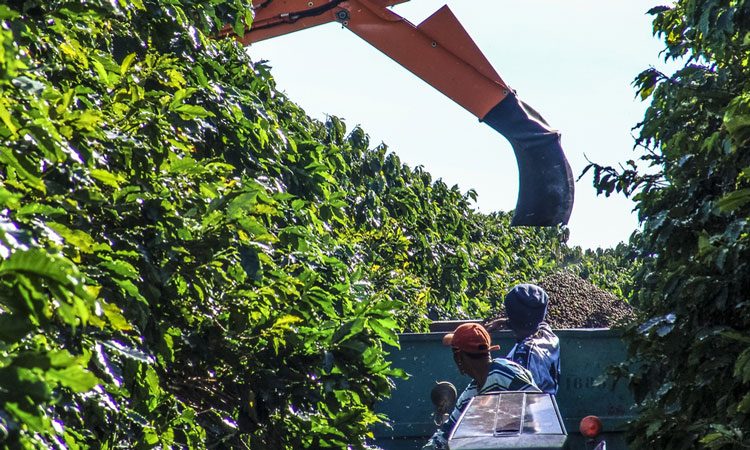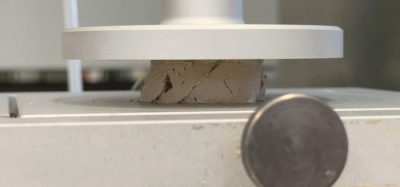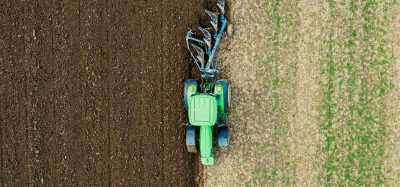Soil management important in coffee growing
Posted: 25 September 2018 | New Food | No comments yet
Researchers from Sao Paulo State University in Brazil examine the ways in which soil condition is important in coffee farming.


Coffee is one of Brazil’s biggest crops, which is helped by the country’s favourable climate, aiding coffee beans to ripen and be ready during a few weeks of the year. This ensures mechanical harvesting is an economically reasonable choice.
An agronomist at Sao Paulo State University in Brazil, Tiago de Oliveira Tavares and his team looked to develop some coffee-growing solutions.
It has been reported that around 20 per cent of coffee berries fall to the ground, which could be due to the method of harvesting, or causes including disease, rain, wind and pests. Through mechanical sweeping and picking, the ‘ground’ coffee is retrieved.
As current machinery used is heavy, over time it compresses the soil and interferes with the growth of the roots of trees, and their levels of production. Due to this, farmers use a process called subsoiling which breaks up hard soil. This comprises of using a long blade being pulled behind a tractor, which breaks up the soil. Although this method is effective, it leaves behind an uneven surface.
Uneven surfaces mean that more coffee berries are left behind by the machines, and more soil and stones are retrieved. Sometimes, machinery such as a harrow, is used to smooth out the soil, which leaves the ground smooth and bare.
The research team investigated four scenarios for soil management:
- Control – no soil management
- Subsoiler, folloed by a harrow
- Subsoiling, harrow and crusher
- Subsoiler and crusher
The team found that the control had the best conditions for the machinery but was not a good soil management practice. The second group led to the highest losses, whilst the third was not consistently effective. It also increased operational costs. The team determined that the last option incorporated the lowest losses, with the best operational quality.
“This study is important because through this research coffee producers can improve the management of their coffee plantations,” Tavares said. “They can reduce losses and increase their profit while taking good care of the soil.”
Related topics
Quality analysis & quality control (QA/QC), Supply chain, Sustainability









